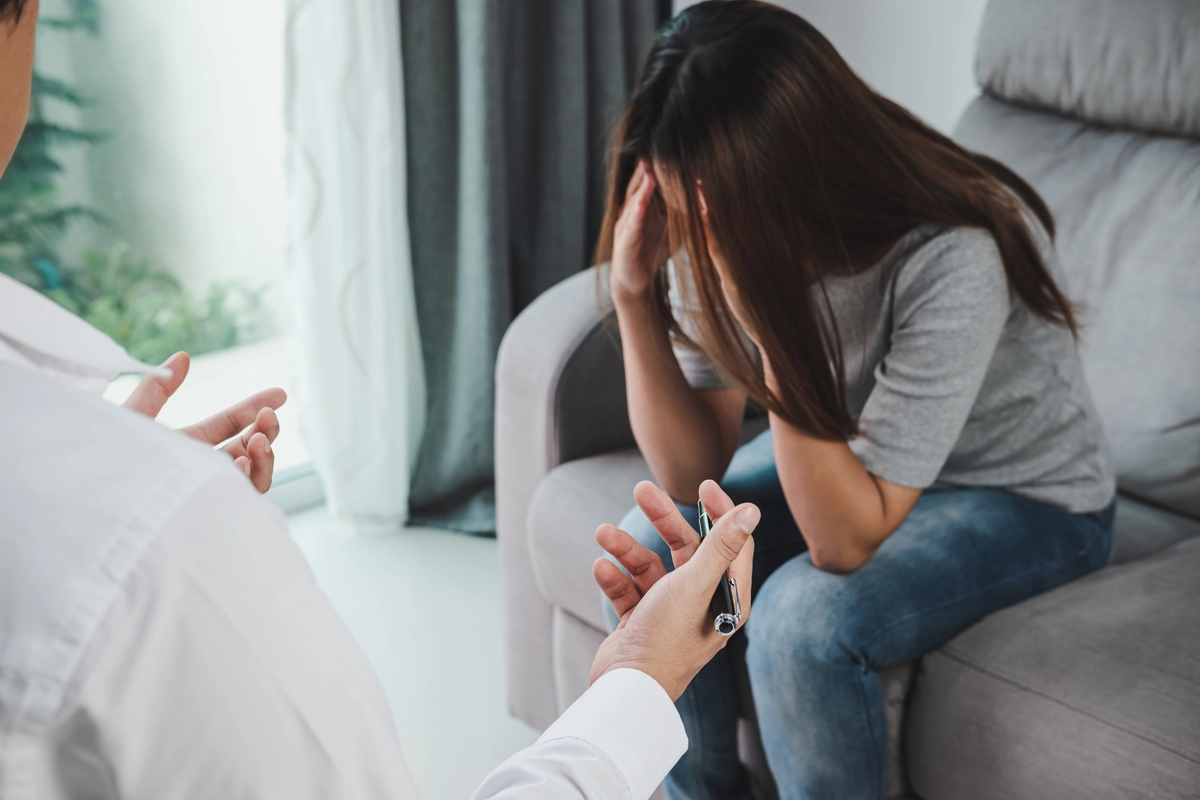24/7 Helpline:
(866) 899-221924/7 Helpline:
(866) 899-2219
Learn more about Morphine Rehab centers in Richland County
Morphine Rehab in Other Counties

Other Insurance Options

UnitedHealth Group

Ambetter

American Behavioral

Aetna

United Health Care

UMR

WellPoint

Highmark

Amerigroup

Private insurance

ComPsych

Multiplan

MVP Healthcare

Horizon Healthcare Service

Medical Mutual of Ohio

Access to Recovery (ATR) Voucher

CareFirst

BlueCross

Humana
Beacon

Richland Memorial Hospital – Behavioral Health Services
Richland Memorial Hospital – Behavioral Health Services is a private rehab located in Olney, Illinoi...

Hope Center Ministries – Purcell Women’s Center
Hope Center Ministries - Purcell Women's Center is a faith-based drug and alcohol rehab for women, l...


















































Southeastern Illinois Counseling Centers – Micah Drive
Southeastern Illinois Counseling Centers - Micah Drive offers outpatient services for individuals wi...

Southeastern Illinois Counseling Centers – East Main Street
Southeastern Illinois Counseling Centers - East Main Street offers outpatient services for individua...












